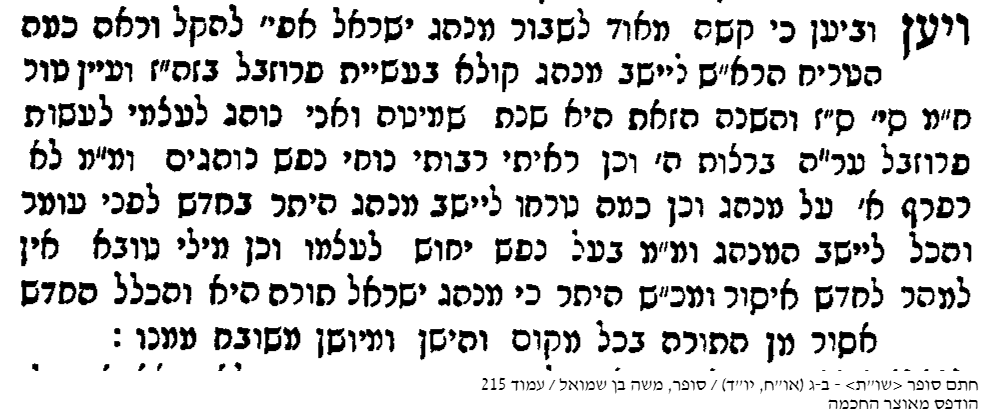People in the U.S. are well familiar with the term “Suicide by Cop”. This is defined as:
Suicide by Cop: Throwing yourself into a situation that will result in death by the police. Example, Police tell you to get down and put your hands on your head. You pull out a black cap gun and take aim while running towards them.
It’s become clear that segments of “Palestinian” Arab society, the disturbed, the depressed, the unbalanced, are choosing to end it all via Suicide by IDF. It seems to be an easy decision, since THEIR SOCIETY will honor their family and PAY their family if the depressed person ends it via attacking Israel.
Take a look, here a young Arab woman pulls a knife and walks zombie-like towards 2 fully armed Israeli soldiers at a bus stop…
From Mystical Paths, here.


